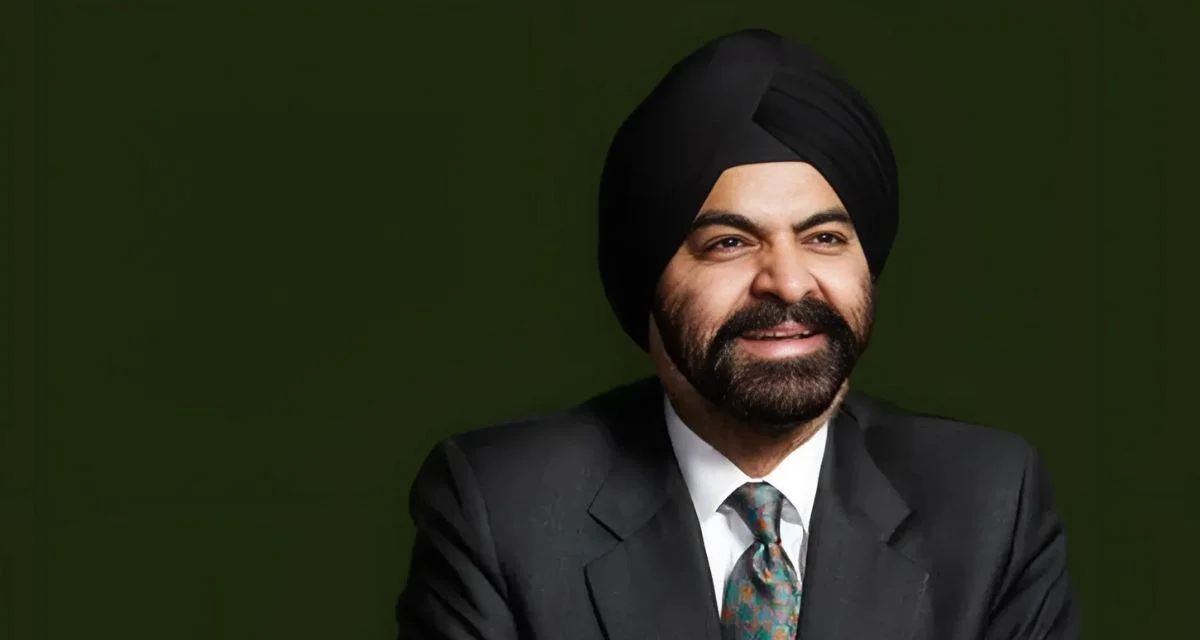Between 2020 and 2024, the Mozambique Energy for All project (ProEnergia) connected more than 514,000 households to electricity, reaching about 2.6 million people who previously lacked access. The initiative also brought power to 400 public facilities, including schools and health posts, as well as 10 resettlement areas. Around 1,860 commercial enterprises were provided with reliable grid electricity, and over 50,000 ready boards were distributed to vulnerable families to facilitate connections.
The project created approximately 1,800 direct and indirect jobs during its implementation phase. Some of these positions came through Electricity of Mozambique’s Young Professional Program.
For students like Juvelino Alberto at Muhalaze Secondary School in Matola, Maputo Province, electrification has made it possible to attend night classes after work. "We can use the school's computers and Wi-Fi to research our studies. This way, I am learning faster," says Alberto.
At Eduardo Mondlane Health Center in Marracuene District, nurse Izarda Vasco described improvements in patient care: "In the past, during emergencies such as eclampsia, we needed the entire service team present to ensure that the candle or lamp did not go out while we cared for a patient. We also had to transfer mothers and newborns to another health center when mothers needed suturing or if we needed to find a newborn's vein. Today, births are safer with electricity," says Maternal and Child Health Nurse Izarda Vasco.
Until recent years, progress toward affordable and modern energy access in Mozambique was slow. In 2018, roughly two-thirds of Mozambicans—about 20 million people—lacked electricity access due to financial constraints on public agencies managing electrification efforts and limitations in transmission infrastructure.
To address these challenges under the National Electrification Strategy (NES), Mozambique launched the Energy for All Program in 2018 aiming for universal access by 2030. The World Bank approved ProEnergia in 2019 with co-financing from Norway, Sweden, and the European Union via a Multi-Donor Trust Fund (MDTF). The project focused on expanding grid networks into peri-urban and rural areas while providing technical assistance for sector capacity building.
A national policy eliminated connection fees for residential customers. Ready boards were supplied to households unable to afford internal wiring costs. Procurement strategies separated design from supply and installation processes to reduce expenses through economies of scale.
ProEnergia also supported development of an Off-Grid Electrification Roadmap guiding investment planning for decentralized energy solutions. The project helped design options for a Results-Based Financing Facility aimed at encouraging private sector participation in off-grid electrification.
The program exceeded its original targets: instead of connecting 250,000 households as planned, it reached over half a million homes by April 2024. Grid expansion increased distribution lines by nearly one-third—from 3,800 km to almost 4,900 km—enabling more users across various sectors.
Eight young professionals were hired after completing EDM’s training program; about one-fifth were women.
ProEnergia is part of a broader World Bank strategy supporting Mozambique’s energy sector through financing packages combining loans from the International Development Association (IDA), contributions from MDTF partners ($66 million from Sweden/Norway/EU), technical assistance funding ($0.5 million), support for workforce development ($0.8 million), and communication initiatives ($3 million).
The MDTF streamlined fund management from development partners while ensuring transparency through regular reporting mechanisms. Following ProEnergia’s success—which set new standards for coordination—the MDTF model has been extended into subsequent projects such as ProEnergia Plus (with $38 million) and ASCENT (with $31 million).
Looking ahead, World Bank support continues through ProEnergia Plus (approved in 2021 with $343 million) targeting another half-million connections—with Sweden and Norway participating—and ASCENT (approved March 2025 with $131 million allocated initially). These projects align with Mission 300: an effort by the World Bank Group seeking to connect at least 300 million people across Sub-Saharan Africa by decade’s end.

